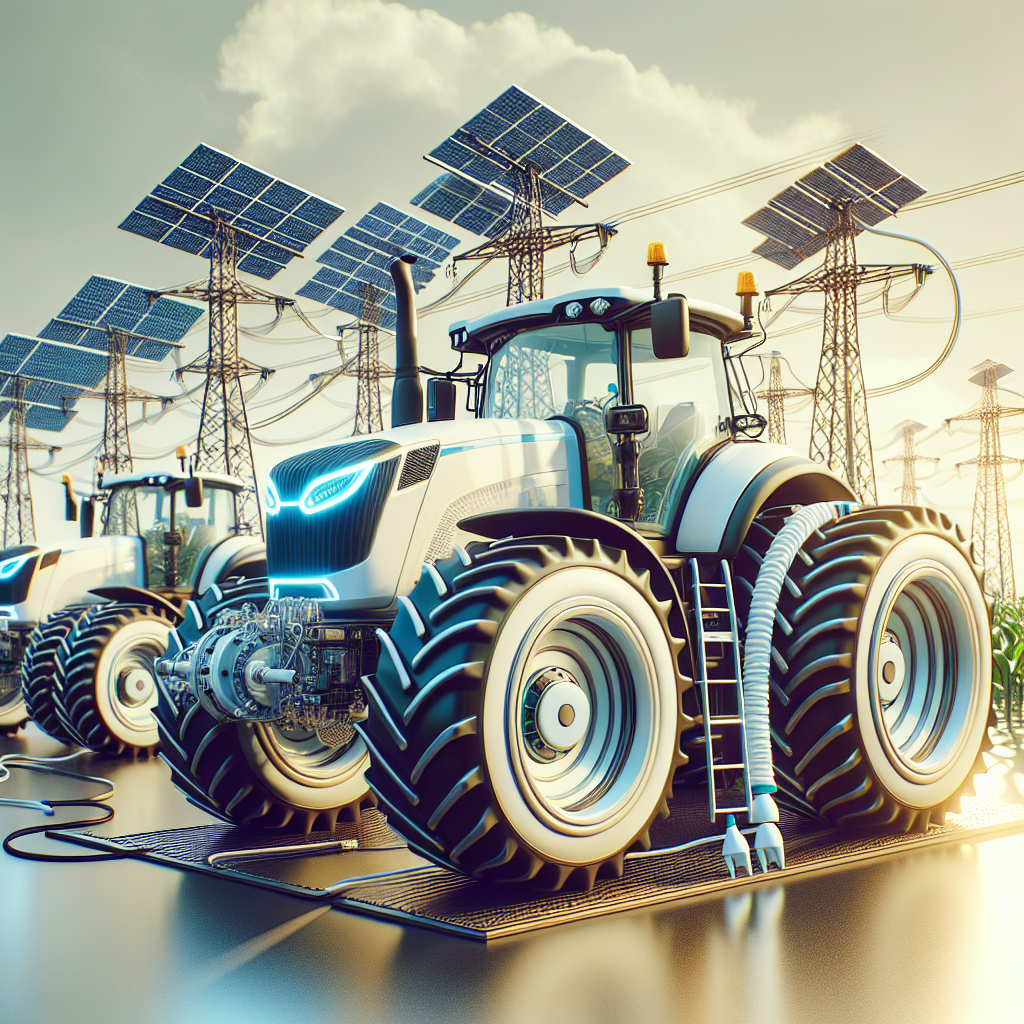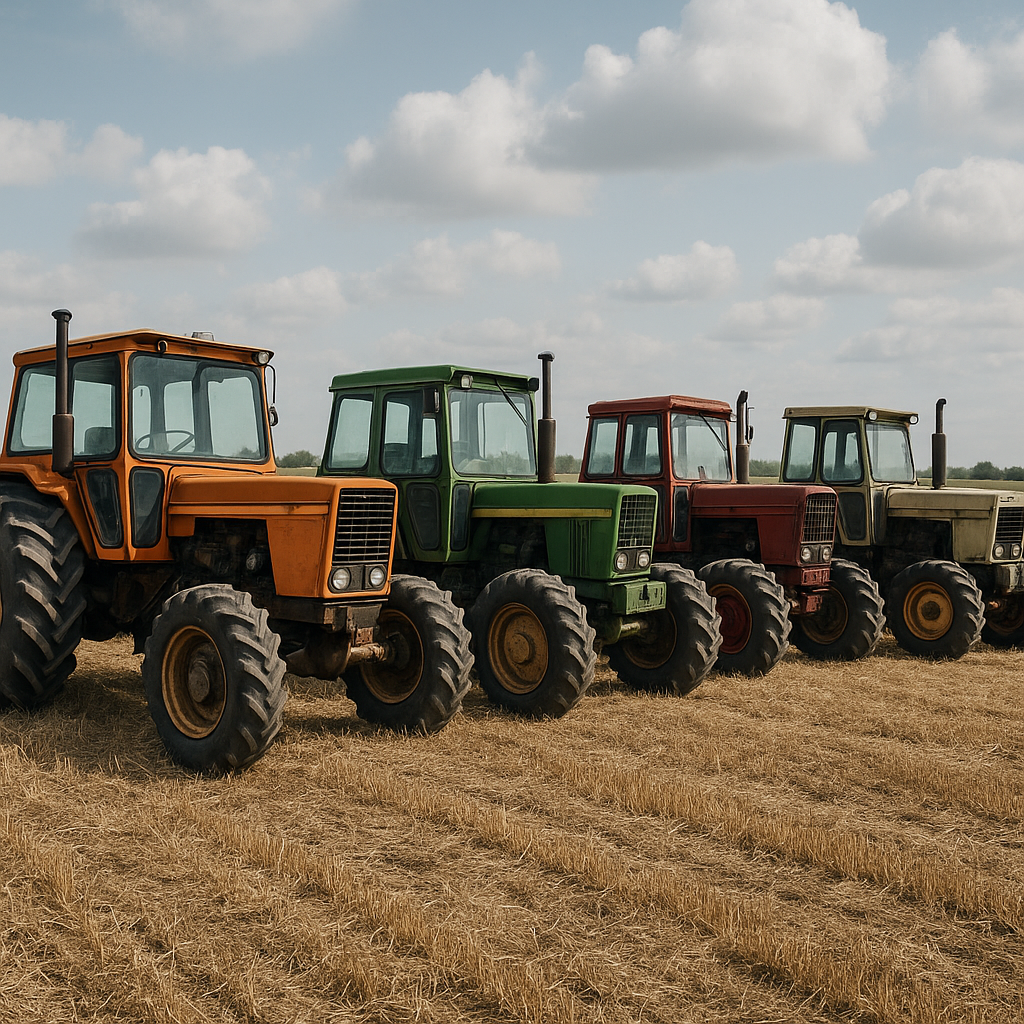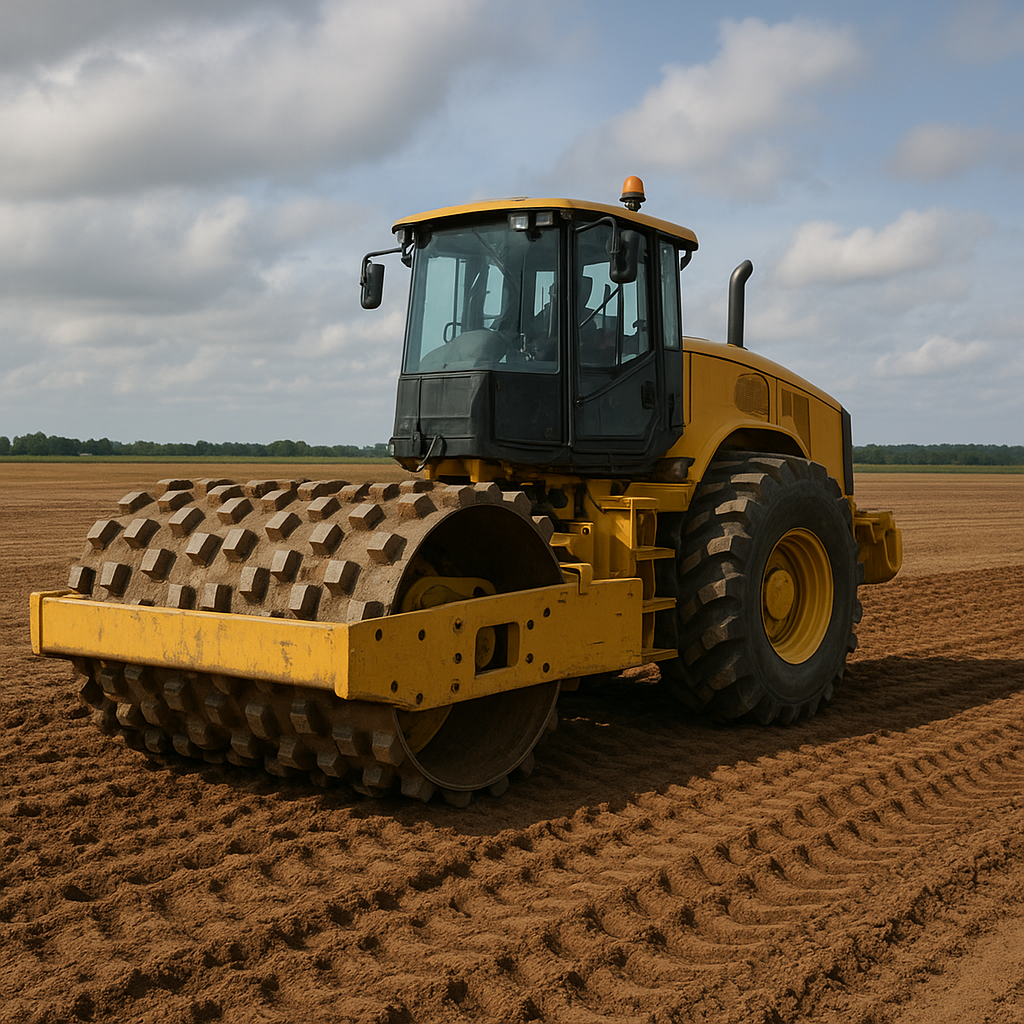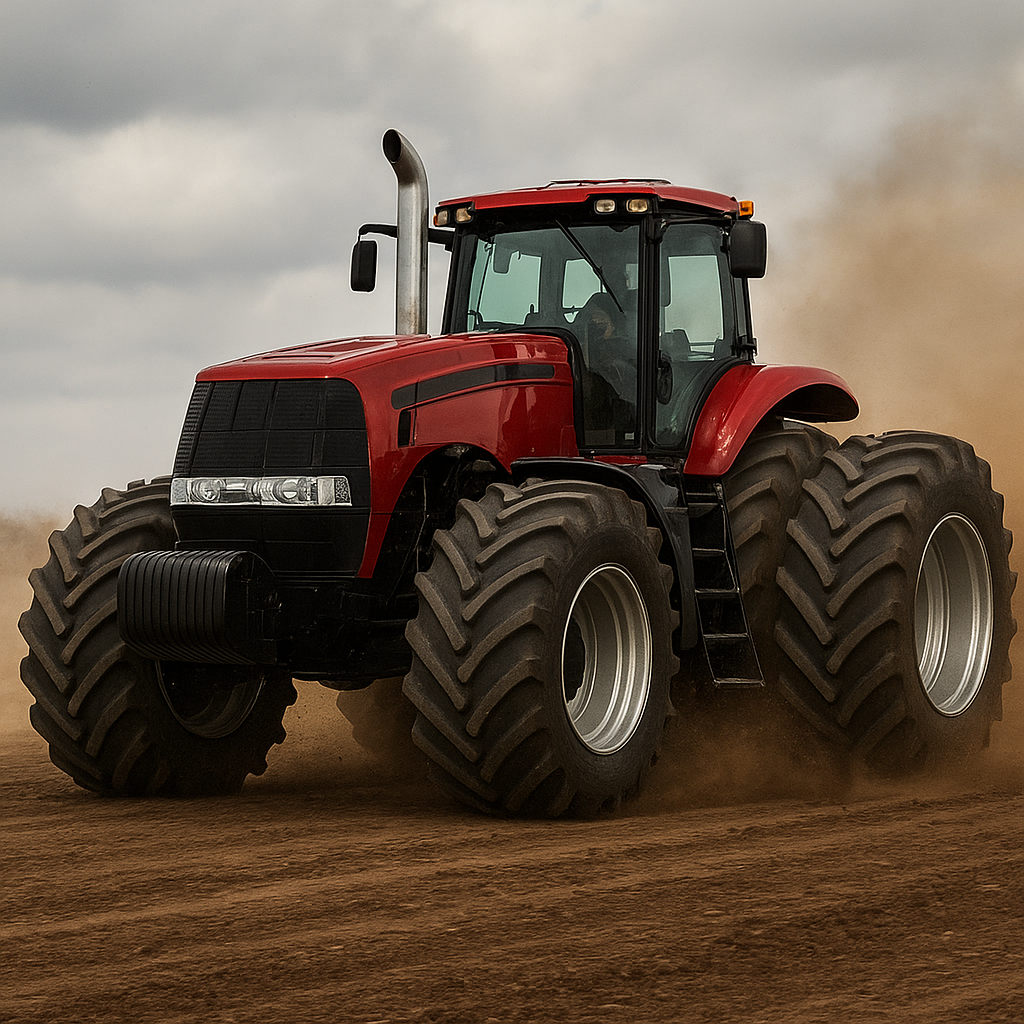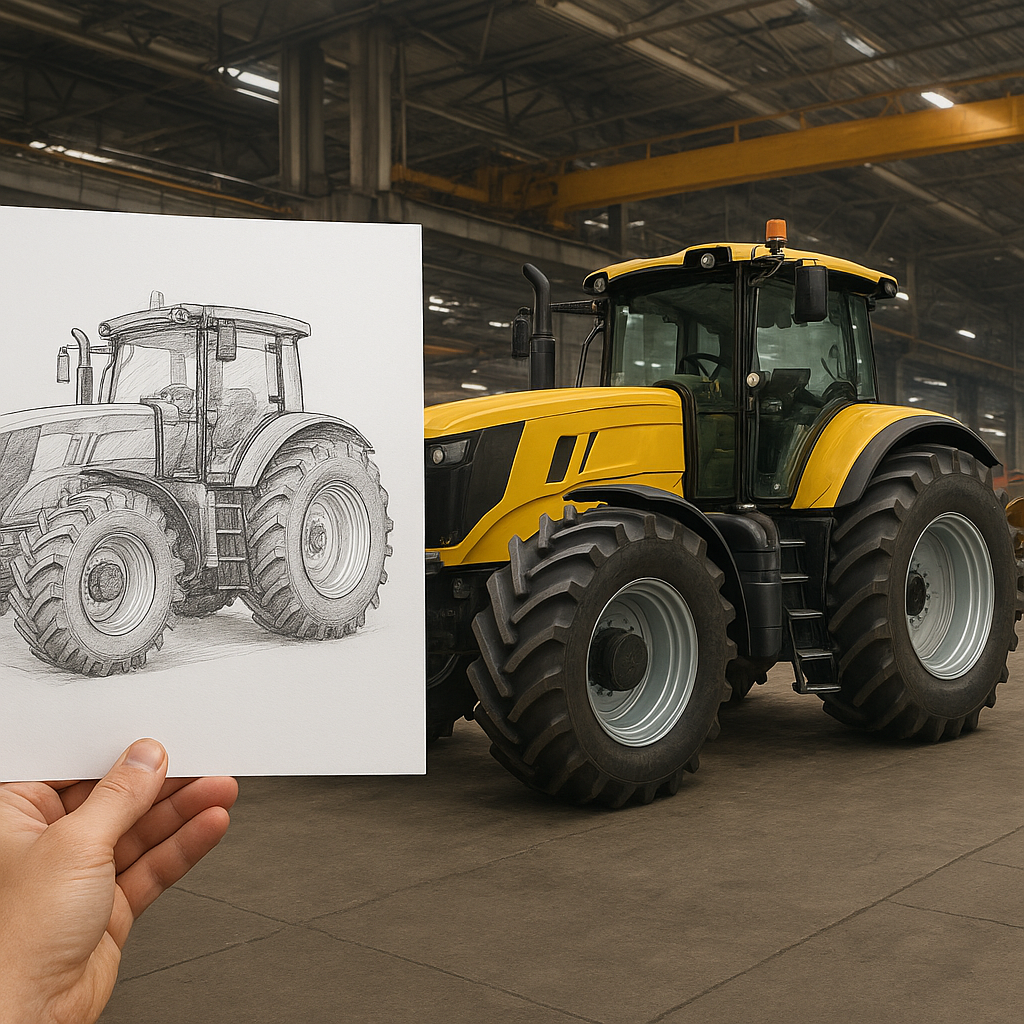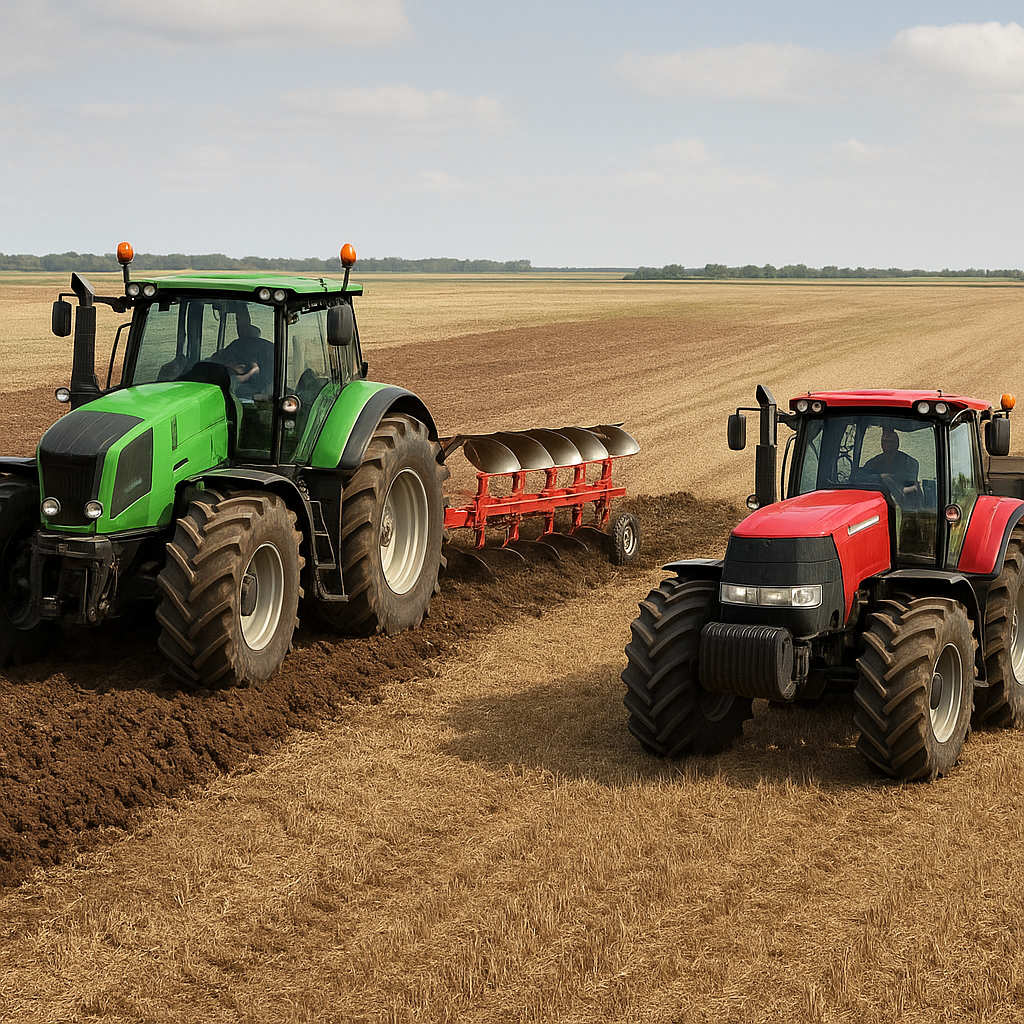Electric tractors are revolutionizing the agricultural industry by offering a sustainable and eco-friendly alternative to traditional diesel-powered machines. As the world increasingly focuses on reducing carbon emissions and combating climate change, electric tractors are emerging as a key player in the future of sustainable farming.
The Rise of Electric Tractors
The concept of electric tractors is not entirely new, but recent advancements in battery technology and electric motor efficiency have made them a viable option for modern farming. Traditional tractors, which run on diesel, contribute significantly to greenhouse gas emissions. In contrast, electric tractors produce zero emissions during operation, making them an environmentally friendly choice.
One of the primary drivers behind the rise of electric tractors is the growing awareness of the environmental impact of conventional farming practices. Governments and organizations worldwide are implementing stricter regulations on emissions, pushing the agricultural sector to adopt cleaner technologies. Electric tractors, with their reduced carbon footprint, align perfectly with these new regulations and sustainability goals.
Moreover, the cost of renewable energy sources such as solar and wind power has decreased significantly, making it more economical to charge electric tractors using clean energy. This shift not only reduces operational costs for farmers but also promotes the use of renewable energy in agriculture.
Technological Advancements and Benefits
Electric tractors are equipped with advanced technologies that enhance their efficiency and performance. Modern electric tractors feature high-capacity lithium-ion batteries that provide extended operating hours, allowing farmers to complete their tasks without frequent recharging. Additionally, these batteries have a longer lifespan compared to traditional lead-acid batteries, reducing the need for frequent replacements.
Another significant advantage of electric tractors is their lower maintenance requirements. Unlike diesel engines, electric motors have fewer moving parts, which means there is less wear and tear. This results in reduced maintenance costs and downtime, allowing farmers to focus more on their work and less on equipment repairs.
Electric tractors also offer improved torque and power delivery, making them suitable for a wide range of farming activities. Whether it’s plowing, tilling, or hauling heavy loads, electric tractors can handle the demands of modern agriculture with ease. Additionally, the quiet operation of electric motors reduces noise pollution, creating a more pleasant working environment for farmers and their communities.
Challenges and Future Prospects
Despite the numerous benefits, the adoption of electric tractors is not without challenges. One of the primary concerns is the initial cost of purchasing an electric tractor, which can be higher than that of a traditional diesel tractor. However, this cost is often offset by the lower operating and maintenance expenses over the tractor’s lifespan.
Another challenge is the availability of charging infrastructure, especially in remote or rural areas. To address this issue, governments and private companies are investing in the development of charging stations and renewable energy solutions tailored for agricultural use. As the infrastructure improves, the adoption of electric tractors is expected to increase.
Looking ahead, the future of electric tractors appears promising. Continued advancements in battery technology and electric motor efficiency will further enhance their performance and affordability. Additionally, the integration of smart technologies, such as GPS and IoT, will enable precision farming, optimizing resource use and increasing crop yields.
In conclusion, electric tractors represent a significant step forward in the quest for sustainable farming. By reducing emissions, lowering operational costs, and improving efficiency, they offer a viable solution to the environmental challenges facing the agricultural industry. As technology continues to evolve, electric tractors are poised to become an integral part of the future of farming, paving the way for a greener and more sustainable world.
